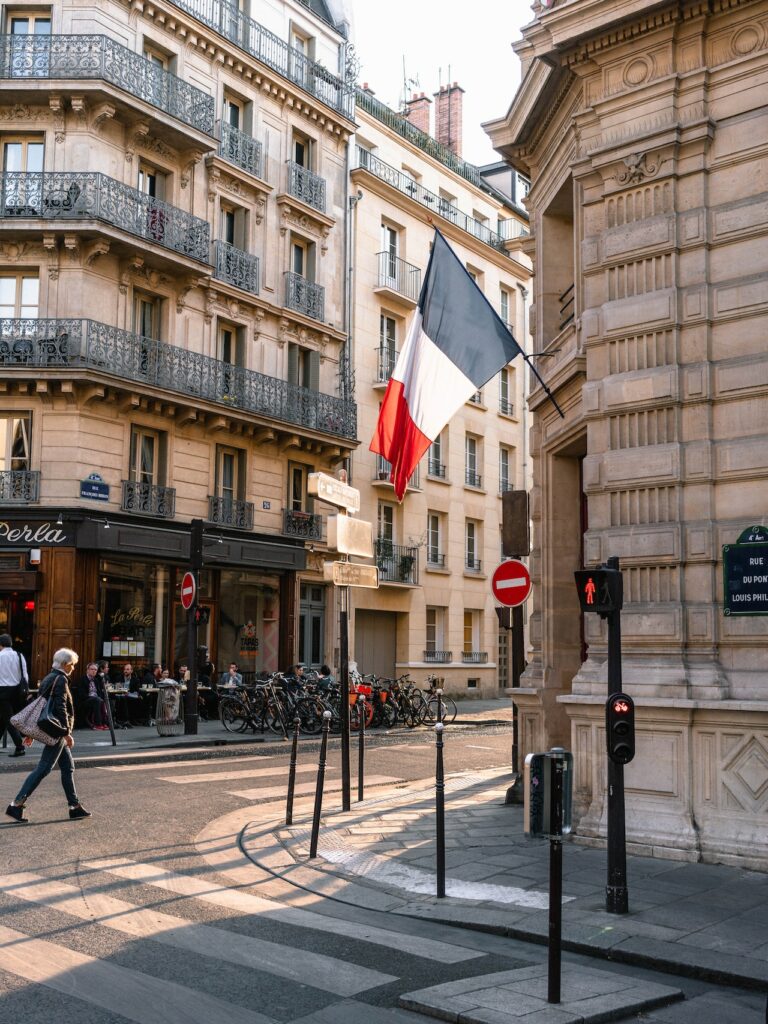


9 December, 2022
Think of France, and you might think of croissants, berets and the Eiffel Tower. But what springs to mind when you think of French sustainability? In October, Good Business opened its first ‘Paris office’ as I headed across the channel to consider this question firsthand.
On the one hand, France is the home of the Paris Agreement and a world leader in nuclear power, deriving over 75% of its energy this way. This year alone has seen a ban on outdoor heaters for cafes and restaurants and Emmanuel Macron swapping out a tie for a turtleneck to promote energy saving. And in recent weeks, France joined a number of European powers in announcing its intention to leave the Energy Charter Treaty: a little-known piece of legislation that allows fossil fuel companies or investors to sue states that take climate action.
On the other hand, however, you have the Gilets Jaunes: protestors clad in yellow vests taking to the streets following the government’s decision to impose an environmental tax on fossil fuels. Vegan and vegetarian options certainly exist, but can be harder to come by than in London or Berlin. And in recent days, the French government successfully lobbied for the exemption of financial institutions from mandatory climate due diligence requirements.
Predictably, my short time here has left me with more questions than answers. What can the Gilets Jaunes’ reaction teach other countries about the need for a just transition? What does Macron’s turtleneck – and the backlash against it – show us about how politicians should promote behaviour change? And will others follow France’s lead in abandoning the outdated Energy Charter Treaty – whilst still imposing rigorous due diligence to stop financial institutions funding climate breakdown?
Climate change is a global problem, but understanding different national approaches to it can help us build on what works – and avoid making the same mistakes.
By Sarah Howden